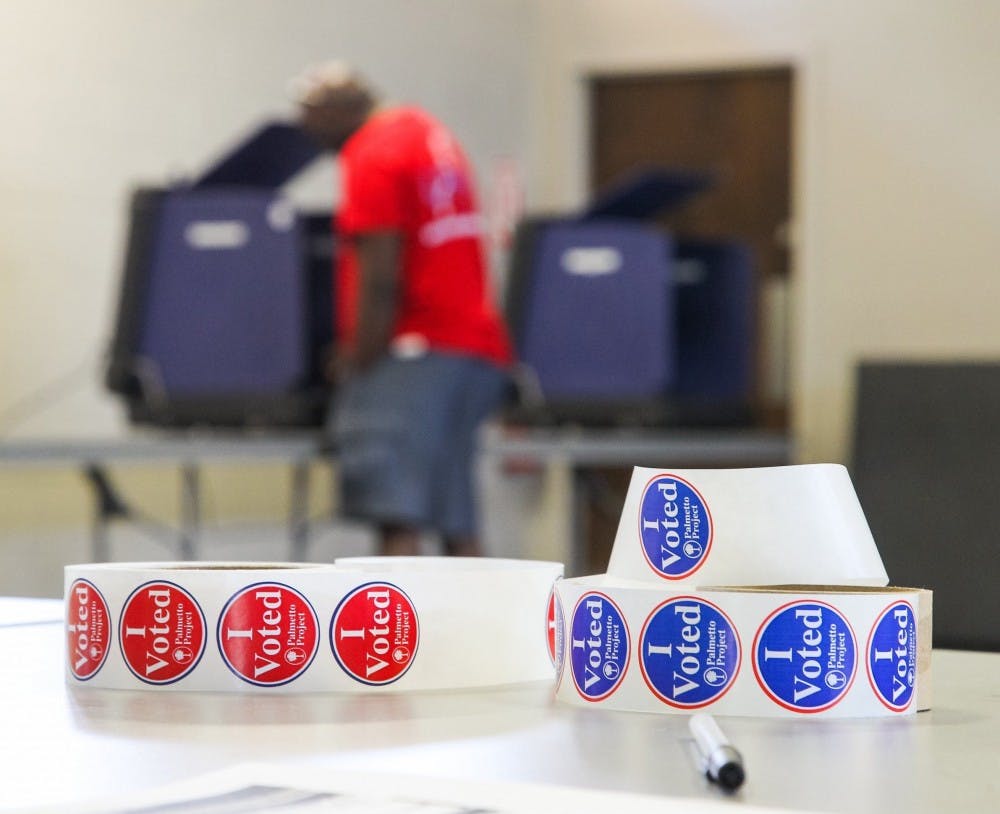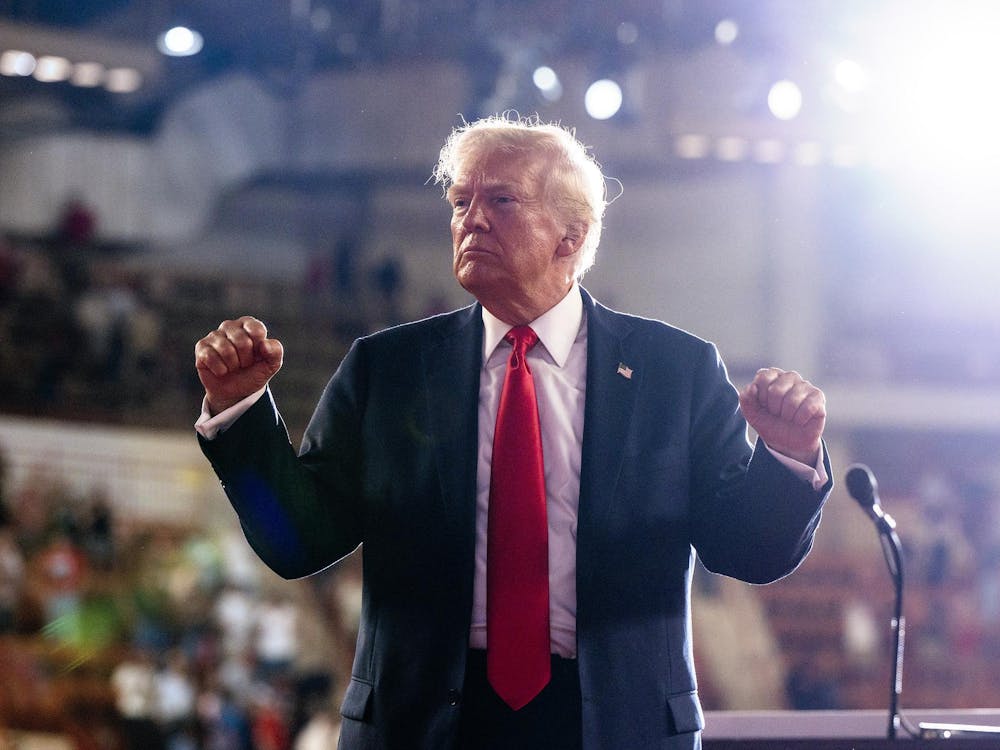Voter Statistics
45 percent of people age 18-29 voted in 2012. In 2008, it was at 51 percent.
People age 18-29 make up 21 percent of eligible voters.
People age 18-29 only made up 8.5 percent of votes in the 2012 election.
What affects voting rates
When people start to vote earlier, it forms habits that carry on later in life.
Civic opportunities in schools increases the rate of young people voting.
Home involvement in politics has an impact on the likelihood of young people voting.
information from civicyouth.org
DN video: Kara Berg and Rose Skelly
As state elections approach, some students are debating whether or not to vote on Nov. 4 despite the impact resulting policies could have on them.
Out of 15 Ball State students asked, only five said they were planning to vote this year. Indiana had the second-lowest voter turn out in 2010 for the 18-29 age group in the country, according to civicyouth.org.
Lily Jablonski, a freshman advertising major, said she wasn’t planning on voting this year because she doesn’t feel she is informed enough.
“I don’t want to make the wrong decision,” Jablonski said. “I think it’s really important for everyone to make the right decision. People shouldn’t vote just to be voting.”
For the 2012 presidential election, 41.1 percent of Indiana voters ages 18-24 voted, which is almost 4 percentage points lower than the total U.S. voters for that age group, according to civicyouth.org. Only 55.4 percent of people in this age group are registered to vote in Indiana, and 57.8 percent are in the U.S.
Part of the low turnout could be attributed to lifestyles of younger people.
“Many of them at age 18 and going into early 20s are in school or starting jobs, so there are lots of other things occupying their thoughts other than politics,” said Raymond Scheele, a Ball State political science professor.
Ashley Sharp, a junior art major, has not registered to vote yet, but she is considering it.
“If you want your opinion to be heard, you should vote,” Sharp said. “If you don’t you can’t complain about it.”
The lack of participation is not only a local trend, but a national one.
In 1964, 50.9 percent of people in the United States ages 18-24 voted, but in 2012, only 38 percent did, according to the U.S. census.
While the percentage of voters has fluctuated through the years, that age group has consistently voted at a lower rate than other age groups.
Family structure also affects how involved younger people are in government. Scheele said when people have been raised in families engaged in civic affairs who talk about politics often, they are more likely to vote.
Midterm elections bring even fewer voters to the polls. In the 2010 midterm election, 21.3 percent of people age 18-24 voted, while 48.5 percent voted in the presidential election in 2008, according to civicyouth.org.
Scheele said with the midterm elections, turnout is lower because of a lack of competitive elections. Since there are many one-party districts, people don’t want to go vote because they think they won’t be able to make a difference in the results.
Elections in general determine the officials who will make decisions on student loans, interest rates, grants and scholarships.
“We’re sending people to go represent us and our views who are investing and spending our dollars, so it’s important for us as taxpayers and citizens to send the right representatives to represent our views,” said Mike Neal, state chairman of Indiana Federation of Young Republicans.
Neal said many of the issues the nation is facing today are going to fall onto the young people once they get older.
“They don’t realize how that apathy hurts our generation,” he said. “We’re the ones who are going to have to deal with them later on.”





